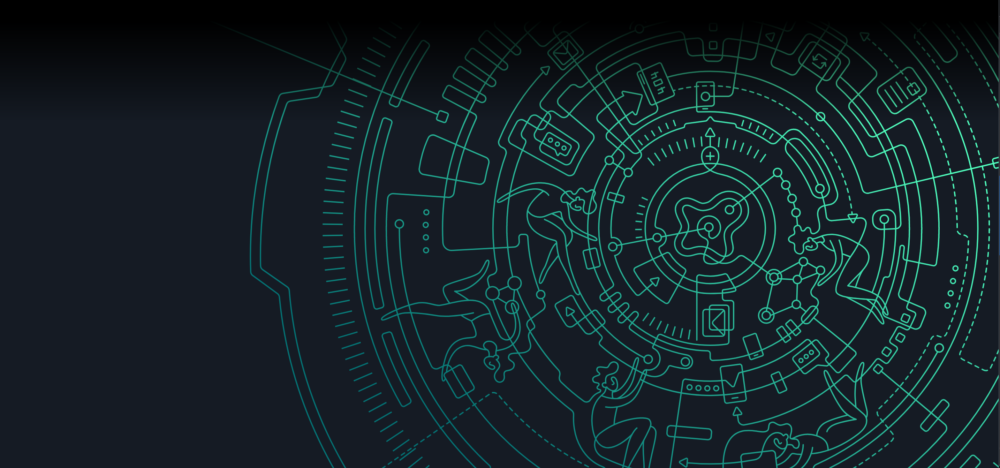We are very happy to announce the results of our Mozilla Research Grants for the first half of 2019. This was an extremely competitive process, and we selected proposals which address twelve strategic priorities for the internet and for Mozilla. This includes researching better support for integrating Tor in the browser, improving scientific notebooks, using speech on mobile phones in India, and alternatives to advertising for funding the internet. The Mozilla Research Grants program is part of our commitment to being a world-class example of using inclusive innovation to impact culture, and reflects Mozilla’s commitment to open innovation.
We will open a new round of grants in Fall of 2019. See our Research Grant webpage for more details and to sign up to be notified when applications open.
| Lead Researchers | Institution | Project Title |
|---|---|---|
| Valentin Churavy | MIT | Bringing Julia to the Browser |
| Jessica Outlaw | Concordia University of Portland | Studying the Unique Social and Spatial affordances of Hubs by Mozilla for Remote Participation in Live Events |
| Neha Kumar | Georgia Tech | Missing Data: Health on the Internet for Internet Health |
| Piotr Sapiezynski, Alan Mislove, & Aleksandra Korolova | Northeastern University & University of Southern California | Understanding the impact of ad preference controls |
| Sumandro Chattapadhyay | The Centre for Internet and Society (CIS), India | Making Voices Heard: Privacy, Inclusivity, and Accessibility of Voice Interfaces in India |
| Weihang Wang | State University of New York | Designing Access Control Interfaces for Wasmtime |
| Bernease Herman | University of Washington | Toward generalizable methods for measuring bias in crowdsourced speech datasets and validation processes |
| David Karger | MIT | Tipsy: A Decentralized Open Standard for a Microdonation-Supported Web |
| Linhai Song | Pennsylvania State University | Benchmarking Generic Functions in Rust |
| Leigh Clark | University College Dublin | Creating a trustworthy model for always-listening voice interfaces |
| Steven Wu | University of Minnesota | DP-Fathom: Private, Accurate, and Communication-Efficient |
| Nikita Borisov | University of Illinois, Urbana-Champaign | Performance and Anonymity of HTTP/2 and HTTP/3 in Tor |
Many thanks to everyone who submitted a proposal and helped us publicize these grants.



